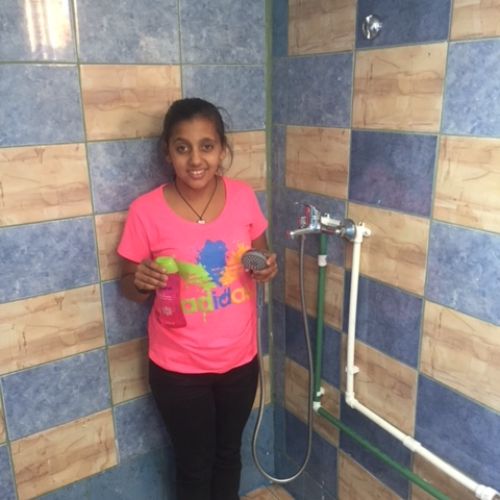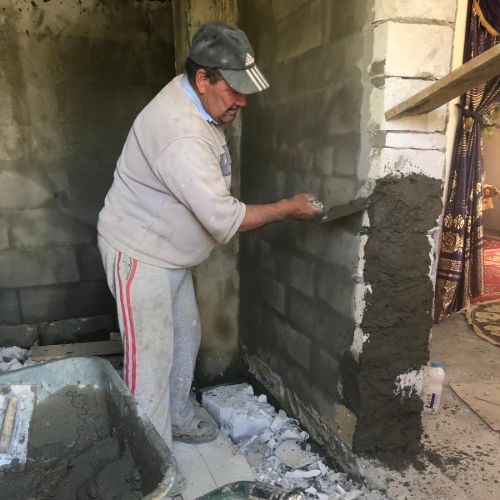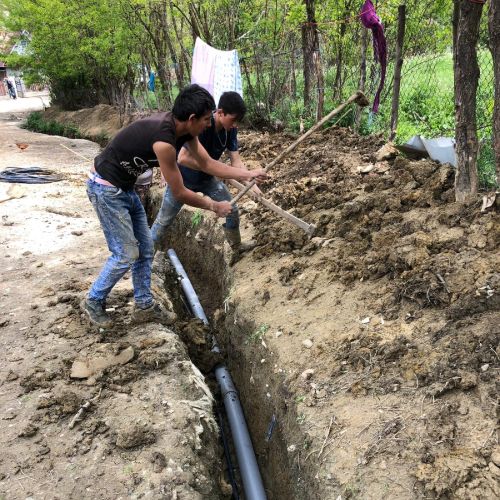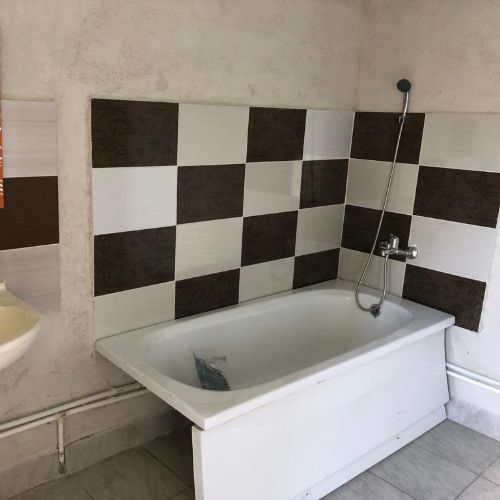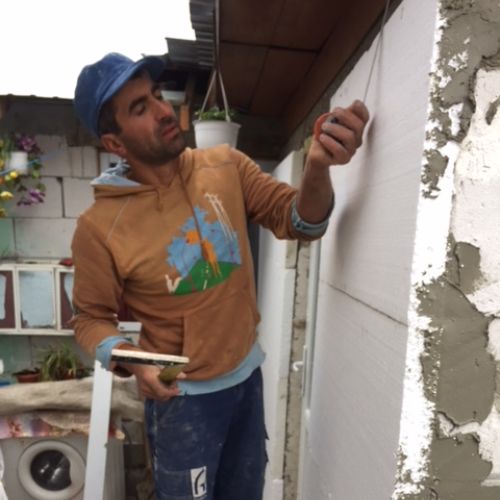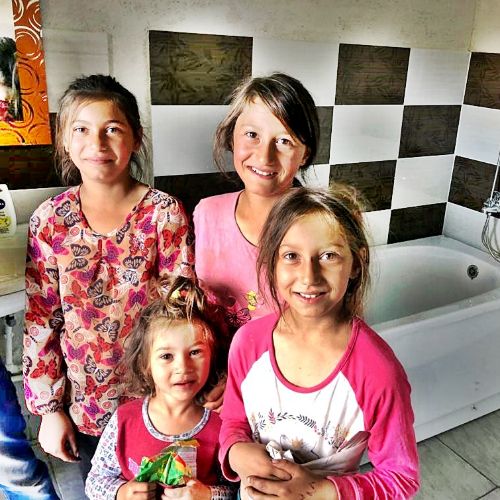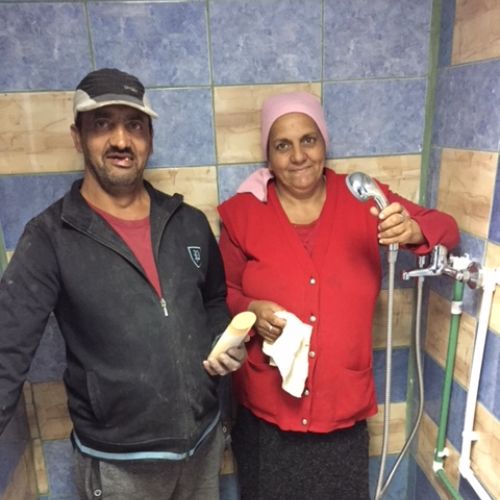Cluj Napoca, Romania
1,000+
£Ongoing
These are shower blocks that are built in the communities of very poor families in order for them to be able to wash themselves and their clothes and to help minimise illness and infections.
Can you imagine not being able to take a shower and struggling to keep you and your family clean? Not being able to have the resources of running water, going to a well and dragging heavy buckets of water back to you home? On top of this, illnesses due to poor hygiene become rife and sickness takes hold.
Link to Hope through the generous help of our supporters have managed to set up two shower blocks in very poor village in Romania and we are now onto our third one. In this particular village we visited there was no resources for a shower block at all. However one of the men from the village had dug a hole from the road up to the houses with a pick axe in the belief that one day, somehow, there would have one. We visited this village and were so impressed that we sent the funds out needed to build the shower block.
The village have a well nearby that they draw water from and the local council have been so impressed with the project that they have agreed to supply them electricity from the main grid, so there are no running costs for the village.
Update November 2023
The shower block is an enormous help to the village with 10 to 15 families visiting the facilities each day. There are a set of rules that each family have to follow, including the time they are allowed inside and the expected conditions of hygiene they have to leave behind them. Each family contributes and makes an effort to keep the facilities running and this is much appreciated by the community.
Next Steps
Within the near future the water boiler will need to be replaced. Work has to be done to repair it and keep it running but the boiler is now leaking. The cost to replace this, with the parts and labour will be around £500.
They also need to buy wood to use to heat the water which will cost around £680. Once purchased, the volunteers will split the wood and store it, covered up, so it will remain dry to use during the winter months.
